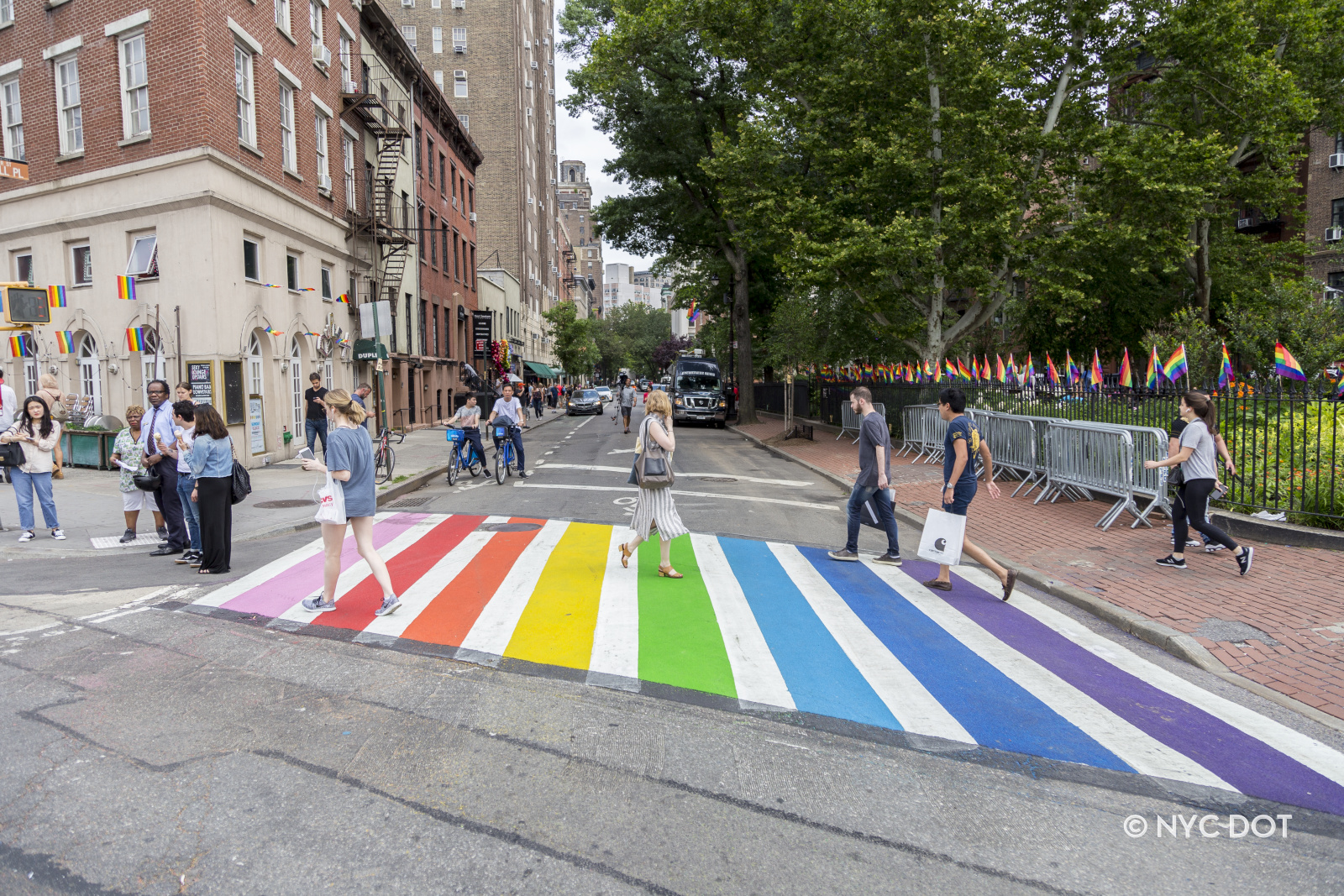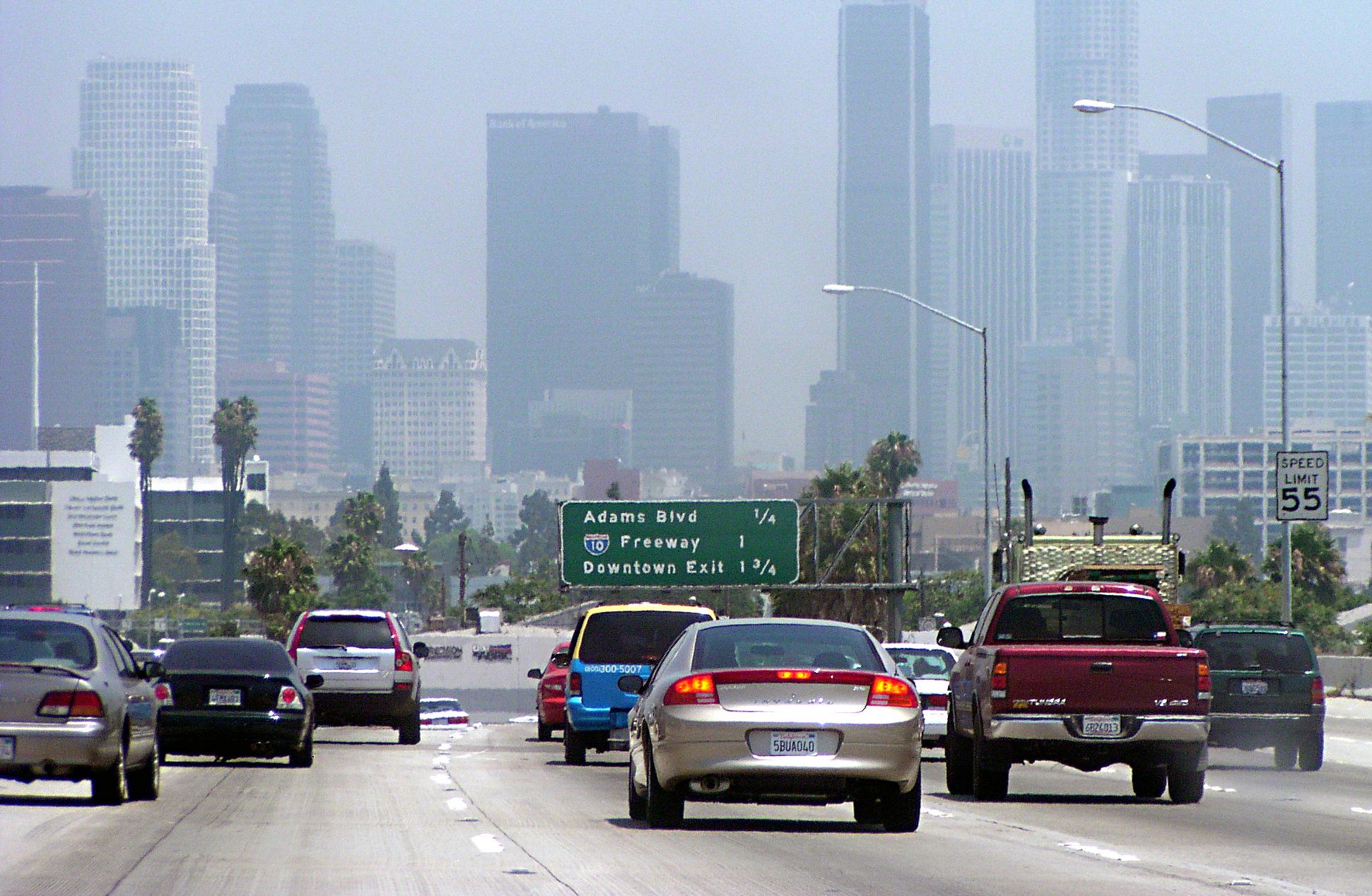It's a good day for advocates of a more human-scaled transportation system. The Portland region's $3.2 billion, bi-state mega-highway project, the unassumingly-named Columbia River Crossing, won't be built. The Washington state legislature adjourned yesterday without voting on a transportation package that would have provided funding for the project, which led the Columbian to say, stick a fork in it, "the Columbia River Crossing is dead."
Around the country, grassroots activists are challenging large highway projects in their communities. Portland's success, says Jonathan Maus at Network blog Bike Portland, however, received help from an unlikely source:
This is a huge moment for this disastrous boondoggle of a project. Obviously the forces that pushed it this far are likely to keep gasping for breath and they will try whatever they can to keep it alive. But [Governor John] Kitzhaber made it clear that the Washington legislature had to act and they didn't. It seems the CRC as we know it is dead.
I have mixed emotions. Since that night in February 2007 when I came back from a neighborhood meeting disgusted by the PR show I had heard about a "bridge project," I've posted 75 stories about the CRC. I always suspected it would die, but CRC backers (especially the "Woman behind the bridge") surprised me (and everyone else) when they aggressively rammed it through Salem this year.
After the project languished amid controversy and lack of political support, the momentum returned as many Oregon Democrats went against the will of constituents to support it (even though many lawmakers had no idea what they were even voting on). It took Washington Republicans who were suspicious of such a huge government expenditure — especially one that included light rail — to finally kill this thing.
Congratulations to everyone that fought this beast of a project! Especially the citizen activists who volunteered countless hours to fight it.
More than $170 million in public funds were spent just on planning this doomed project, more than two and a half times what Indianapolis spent to build its transformative "Cultural Trail," and more than enough to construct the first phase of the Cincinnati Streetcar.
Elsewhere on the Network today: Urban Indy shows off Indianapolis's first bike box. Muscle Powered explains the highs and lows of Nevada's new complete streets bill. And Stop and Move wonders how often cyclists that are killed are presumed guilty, like the D.C. cyclist who recently made headlines for fighting back against biased policing.






